Imagine if someone got four numbers on the lotto, where you got five, but they got the bigger prize due to some sort of anomaly? It may seem unfair, even farcical. This would never happen in reality. However, sport can occasionally serve up anomalistic situations where it is more advantageous to be the runner up or loser in the long run.
Formula One has tinkered with its qualifying set up a number of times in the last 15 years in order to create a unique set of race management issues for the drivers to juggle in the search for a more entertaining product. The product was damaged somewhat with September’s Italian GP qualifying session where 8 of the 9 drivers in the top 10 shootout failed to set a lap time due to slowing down on the out lap to avoid missing the slip stream. It raised a few questions and gave rise to talk of shaking up the qualifying format in future seasons.
The FIA, Formula One’s governing body together with the commercial rights holder Liberty Media, recently discussed introducing the idea of sprint races to determine the starting grid for the main race instead of the current qualifying format where the slowest drivers do not make it into the top 10 shootout. It might make for interesting grids and more entertaining opening race stints, but could it eliminate certain anomalies that can advantage slower cars on the starting grid?
The current format comprises a first session of 18 minutes to decide places 16-20 (the five slowest cars). These five are then eliminated with the remaining 15 advancing to Q2 where the same is done for positions 11-15. The final session lasts 12 minutes and determines the top 10 starting order with the fastest winning pole position and so on.
It seems straight forward. It’s not.
Drivers who do not make the final session e.g. 11th – 20th can choose any tyres they like to start the race on while those in the top 10 must use the tyres they set their fastest lap on in that session.
Typically, the 11th – 20th place qualifiers will choose brand new “option” tyres for the race with those in the top 10 likely to have set their fastest laps on “prime” tyres. Prime are the fastest available tyre compound but do not last as long and are generally quicker by half a second a lap initially in clean air but this drops off a cliff quite rapidly. In a straight fight a driver on options can expect to lose .5-.75s a lap initially however this reduces and then cuts over to a dramatic gain in performance.
These prime tyres will have had a lap or two in “party mode” which means all of the go faster buttons have been activated to enable ultimate performance from the car. This can damage the tyre via wear and thermal degradation resulting in a 7-8% loss in performance and life - a significant amount. Occasionally, and depending on track conditions drivers in lower positions on the grid can be ahead into turn one thanks to the advantage of newer rubber off the line.
The figure and table of data aims to explain why it may be more beneficial to start from 11th place than 10th. The graphic provides points data on finishing places 9 -12. The table expands on this and show data from 1st to (in some cases) 24th position.
Another contributing factor is that the 11th place grid slot is on the same side of the grid as 1st – the clean side. That’s worth a tenth or two off the line together with newer tyres. Beginning the 1st stint of the race on new tyres and track position helps to stay ahead of “faster packaged” cars as the race develops.
The data demonstrates that drivers at the back of the grid tend to outscore those who start in the midfield – this can be explained by the fastest cars, once or twice a season, starting from the back of the grid due to a penalty but then scoring a high points finish on race day. It also demonstrates the value of pole position though this is skewed in the current era due to Mercedes overwhelming performance advantage.
The scenario could be compared to finishing 2nd in a Champions League group in order to avoid playing a stronger team in the knockout rounds. Whilst it doesn’t reward out and out performance it does reward those genuinely attempting to achieve the best result overall result in the context of the wider tournament.
One solution to the qualifying anomaly is to have a FIFA style starting grid draw where the positions are drawn out of a hat with some seeding worked in to ensure some fairness across the field. This really would turn F1 into a lottery.
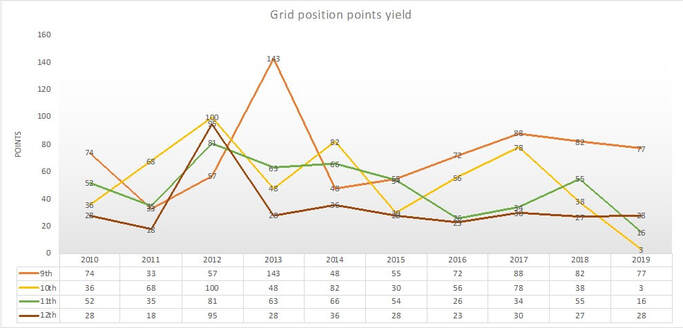
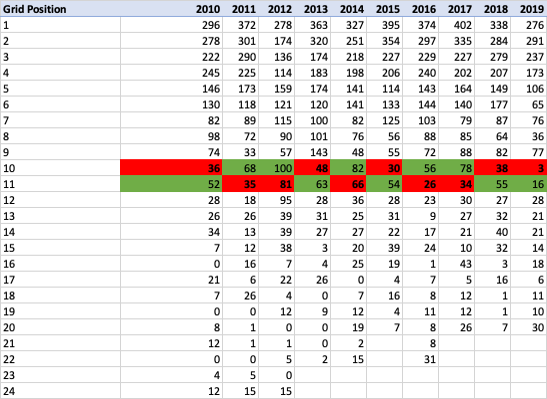
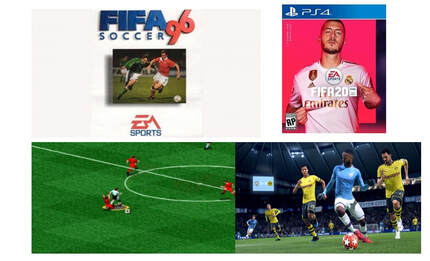
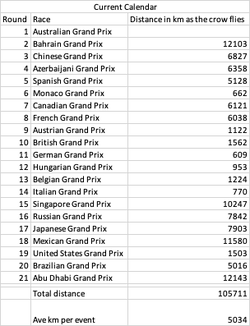
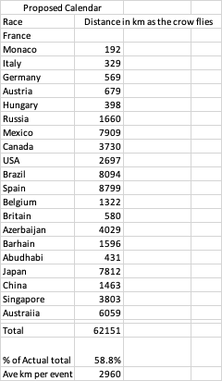
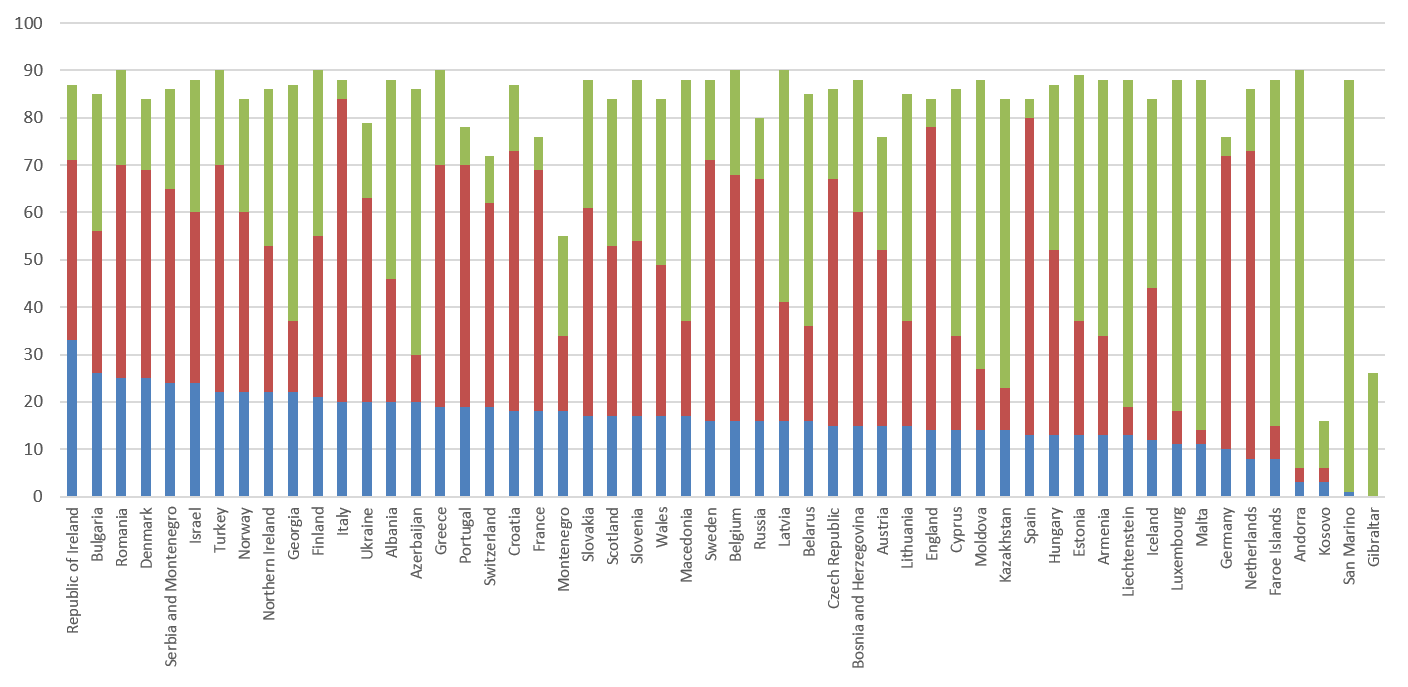
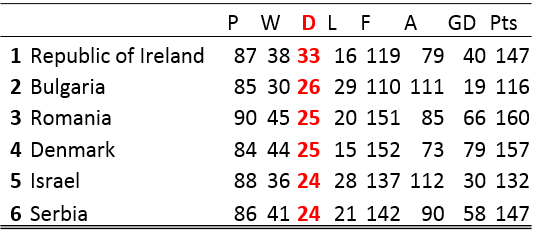



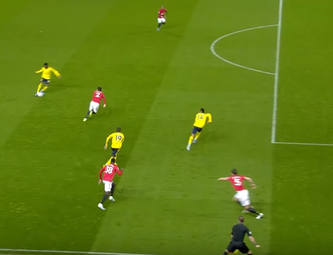
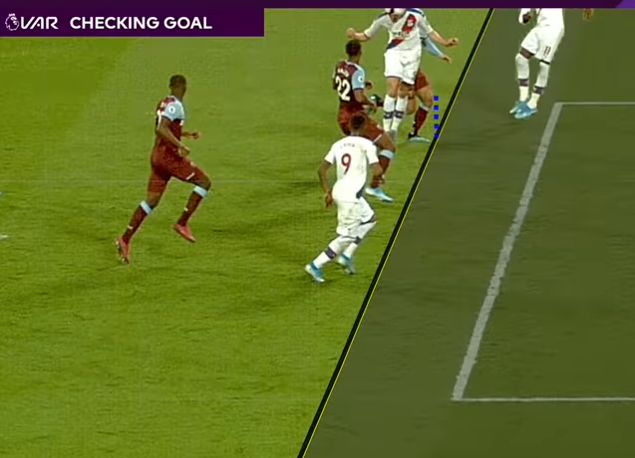
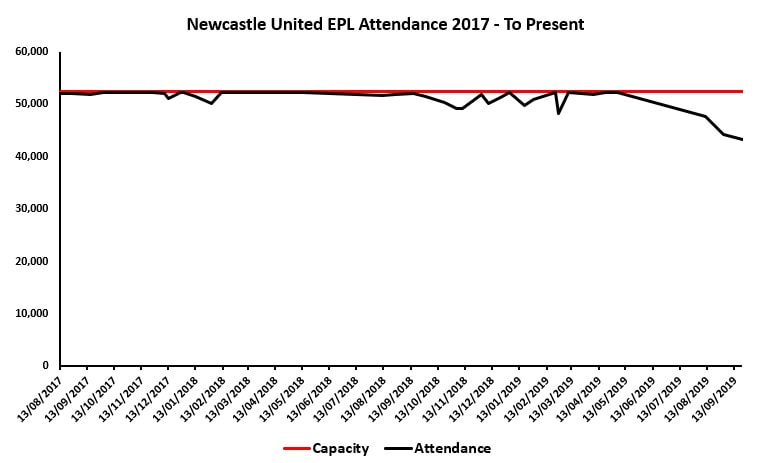
 RSS Feed
RSS Feed